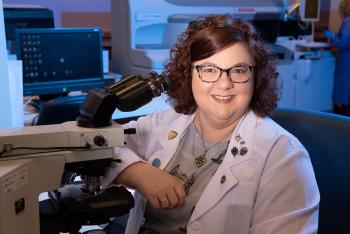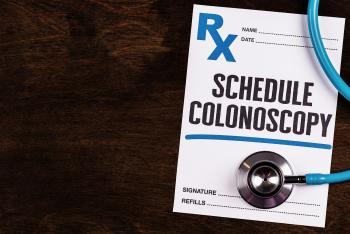Inspira Health is featured in a national colorectal cancer care report issued by Fight Colorectal...
Read More
Colorectal cancer, also known as colon cancer, is the third most common cancer diagnosed in the United States. “It takes place in the digestive system and can develop and grow without symptoms in most cases until more advanced stages, making early screening and lifestyle management especially important,” said Melissa Gott, D.O., Colon and Rectal Surgeon at Inspira Medical Group.
A healthy lifestyle and a well-balanced diet are keys to fighting this disease. Understand the role of gut health in colorectal cancer prevention so you can take proactive steps to reduce your risk.
The gut houses a vast and complex community of microorganisms collectively known as the gut microbiome. This microbiome plays a pivotal role in our overall health, and recent research has shown a connection between the composition of gut bacteria and the development of colorectal cancer.
Colorectal cancer is a malignancy that originates in the colon or rectum, which are part of the digestive system. It typically begins as benign polyps, but over time, these growths can turn cancerous. “Your gut bacteria normally protect your intestines, control inflammation and influence your body's ability to fight cancer,” said Dr. Gott. “A balanced gut microbiome supports a healthy colon by ensuring proper digestion and nutrient absorption and defending against harmful substances. But an imbalanced microbiome can contribute to chronic inflammation, which can damage your colon cells and put you at risk of developing cancer.”
Because of the significant role the gut microbiome plays in colorectal cancer prevention, supporting your gut health through healthy lifestyle habits and dietary choices is essential. Here are some key strategies:
“Before making significant dietary changes, consult your health care provider,” said Dr. Gott. “They can help determine the most suitable dietary adjustments for you and help you develop a holistic plan to support your health.”
While maintaining a healthy gut is a significant step in colorectal cancer prevention, it's not the only one. Starting at age 45, regular screenings, such as colonoscopies and stool tests, are vital for early detection and treatment. Talk to your doctor about screening earlier if you’re at risk.
Inspira Health’s compassionate team of specialists provides personalized care, diagnostics and screening services for colorectal cancer. Learn more about our approach or request an appointment today.

Inspira Health is featured in a national colorectal cancer care report issued by Fight Colorectal...
Read More
Colorectal cancer is expected to cause approximately 52,000 deaths this year. Here are the symptoms...
Read More
Colorectal cancer, the second deadliest cancer in the United States, disproportionately affects the...
Read More